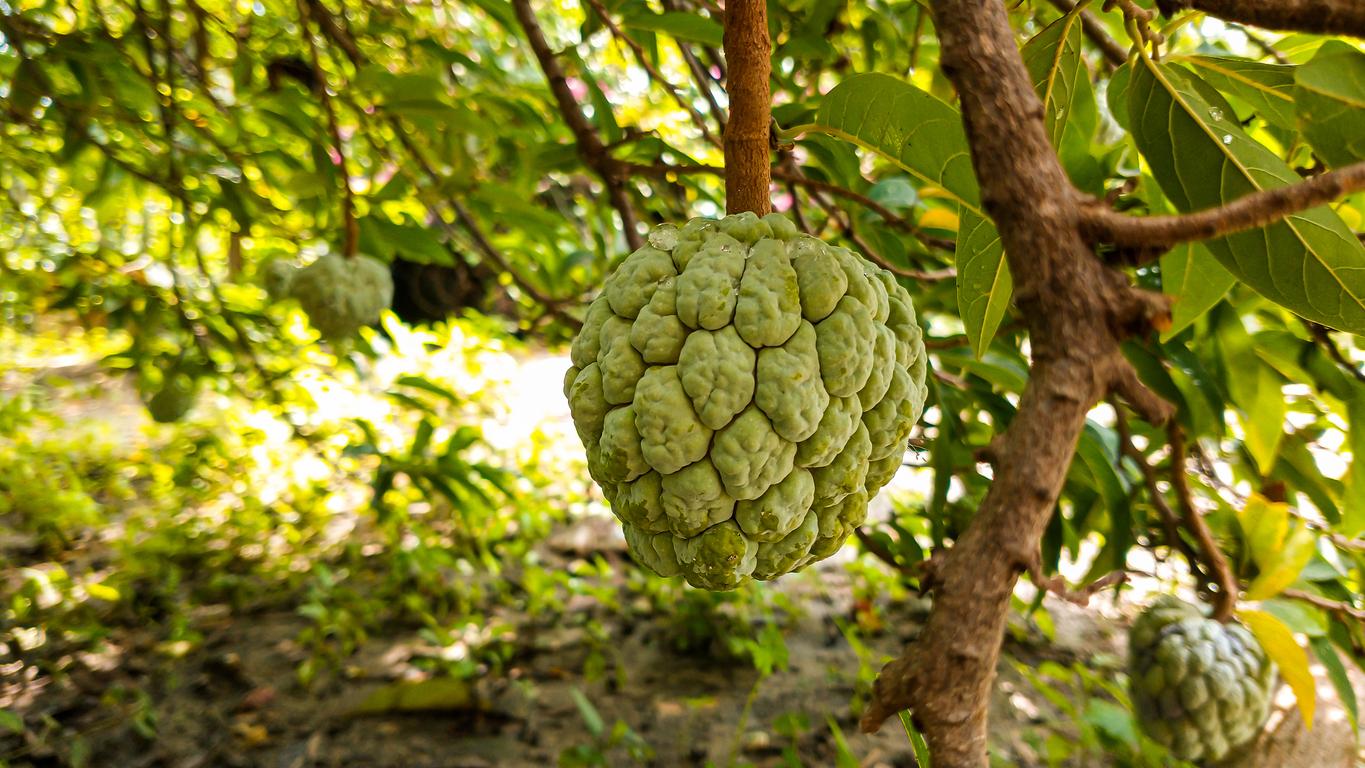Favoring natural and healthy foods rather than red meat, cheese and cold meats, would limit bone loss in postmenopausal women.

Vegetables, fruits, fish, whole grains: the ingredients for an ideal diet are there. Prevention of obesity, cardiovascular disease, diabetes, protection against the development of cancer… The benefits of these diets are numerous, and new ones are still being discovered.
This time, it is the loss of bone density, and therefore the appearance of osteoporosis, which could be slowed down by a so-called “anti-inflammatory” diet, according to a team from the state university. of Ohio which publishes its results in Journal of Bone and Mineral Research.
Based on data from the Women Health Initiative (WHI), a cohort of more than 160,000 women, researchers noted an association between diet and femoral neck fractures in those over 50. For a subgroup of the cohort (10,000 women), additional data on bone density were available. To judge the diet of women, a score was assigned, reflecting the amount of anti-inflammatory foods.
Beneficial for bones after menopause
“By observing the complete diet rather than the nutrients on an individual basis, these data provide a basis for studying how the different components interact for the better, and therefore information for women who would like to adapt their lifestyle choices”, explains Rebecca Jackson, research director at Ohio State University.
And two important associations were noted. The women on the most anti-inflammatory diet had lower bone density at the start of the study, but suffered less bone loss over the years. These women also suffered fewer femoral neck fractures in the years following menopause, before age 63 on average. Beyond that, the differences are less significant, statistically.
More vegetables, less cold meats
This study is observational, and does not make it possible to formally link diet, bone health and the risk of fractures, the researchers admit. But these data allow us to establish a good body of evidence. “These results give us one more reason to promote healthy eating,” says Tonya Orchard, assistant professor of human nutrition and lead author of the study.
Rather, anti-inflammatory foods tend to cause the least inflammation and oxidative stress. We find foods containing fatty acids and omega 3, such as rapeseed or walnut oil, and fatty fish. Fruits, seafood and vegetables, due to their antioxidant content – particularly crucifers (cabbage, turnips, broccoli), which contain glucosinolates – are also recommended. Flavonoids in chocolate and green tea are also beneficial.
Conversely, saturated fat from cheeses, red meats or cold cuts, and fatty acids from refined foods such as chips and industrial cookies.
.















